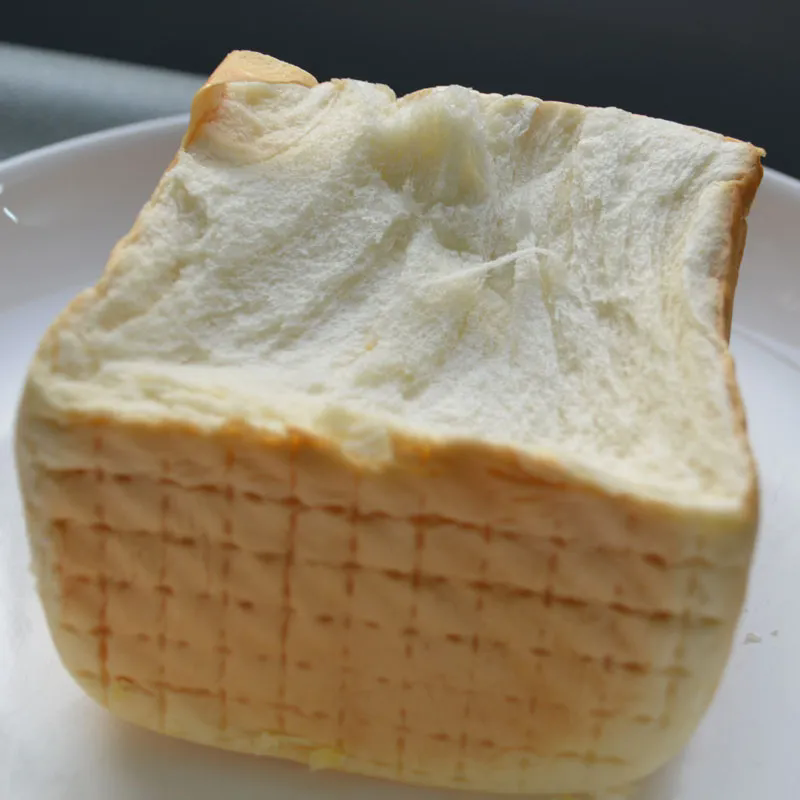Non-Dairy Creamer for Bakery: A Sweet Revolution in Baking
2024-09-04
The world of baking has seen numerous innovations over the years, but one of the most transformative developments is the use of non-dairy creamers. These versatile ingredients are not only catering to dietary preferences and restrictions but are also enhancing the quality and consistency of baked goods. In this blog, we’ll delve into what non-dairy creamers are, their benefits, and how they are revolutionizing the bakery industry.
What is Non-Dairy Creamer?
Non-dairy creamer is a dairy-free product designed to mimic the texture and taste of traditional cream. It is typically made from a blend of vegetable oils, sugars, and stabilizers. Unlike dairy cream, non-dairy creamers do not contain lactose or cholesterol, making them suitable for those with dairy allergies or intolerances and those following a vegan diet.
In the bakery industry, non-dairy creamers are used as a substitute for dairy cream or milk in recipes. They are particularly valued for their ability to blend seamlessly into baked goods, providing a rich, creamy texture without altering the flavor of the finished product.
Key Features of Non-Dairy Creamers for Bakery
1. Versatility
Non-dairy creamers come in various forms, including liquid, powder, and concentrated. This versatility allows bakers to choose the right type for their specific needs, whether they’re adding it to doughs, batters, or fillings.
2. Consistent Texture
One of the primary benefits of non-dairy creamers is their ability to provide a consistent texture in baked goods. They contribute to a smooth, creamy mouthfeel, which is essential for achieving the perfect consistency in pastries, cakes, and other baked items.
3. Stability
Non-dairy creamers are formulated to be stable under high temperatures and during the baking process. This stability ensures that the creamers maintain their texture and functionality, leading to reliable results in baked products.
4. Extended Shelf Life
Non-dairy creamers often have a longer shelf life compared to dairy cream. This extended shelf life reduces waste and provides greater flexibility for bakers in terms of inventory management and product preparation.
5. Customizable Formulas
Many non-dairy creamers are available in customizable formulas to meet specific dietary needs or flavor profiles. This customization allows bakers to tailor their recipes to different consumer preferences and dietary restrictions.
Benefits of Using Non-Dairy Creamer in Baking
1. Dietary Flexibility
Non-dairy creamers cater to a wide range of dietary needs, including lactose intolerance, dairy allergies, and vegan diets. By using non-dairy creamers, bakeries can offer products that are inclusive of various dietary preferences and restrictions.
2. Enhanced Flavor and Texture
Non-dairy creamers enhance the flavor and texture of baked goods without overpowering other ingredients. They contribute to a rich, creamy taste and smooth texture, which is particularly desirable in items such as cream-filled pastries, cakes, and sauces.
3. Cost-Effectiveness
In many cases, non-dairy creamers are more cost-effective than traditional dairy cream. This cost efficiency can be beneficial for bakeries looking to manage their ingredient costs while still maintaining high-quality products.
4. Reduced Health Concerns
Non-dairy creamers often contain less cholesterol and saturated fat compared to dairy cream. This reduction in unhealthy fats can be advantageous for health-conscious consumers and aligns with the growing trend towards healthier eating.
5. Extended Shelf Life
The longer shelf life of non-dairy creamers helps bakeries manage inventory more effectively and reduce waste. This extended shelf life is particularly valuable for businesses that prepare baked goods in advance or operate in environments with varying demand.
Applications of Non-Dairy Creamers in Bakery
1. Cakes and Cupcakes
Non-dairy creamers can be used in cake and cupcake recipes to achieve a moist, tender crumb and a rich, creamy texture. They are particularly useful in recipes that require a significant amount of liquid.
2. Pastries
In pastries, non-dairy creamers help create a flaky, delicate texture and enhance the overall flavor profile. They are ideal for use in fillings, glazes, and doughs.
3. Cookies
Adding non-dairy creamer to cookie dough can improve the texture and flavor of the final product. It helps achieve a soft, chewy texture and enhances the overall taste.
4. Sauces and Fillings
Non-dairy creamers are commonly used in sauces and fillings to provide a smooth, creamy consistency. They are perfect for making custards, cream sauces, and other rich, indulgent fillings.
5. Frostings and Icings
In frostings and icings, non-dairy creamers contribute to a smooth, spreadable consistency. They help create a creamy texture that is ideal for decorating cakes and cupcakes.
Conclusion
Non-dairy creamers have become an essential ingredient in the bakery industry, offering versatility, consistency, and dietary flexibility. Their ability to enhance the flavor and texture of baked goods while accommodating various dietary needs makes them a valuable addition to any bakery's ingredient lineup. As the demand for dairy-free and health-conscious options continues to grow, non-dairy creamers are poised to play an even more significant role in shaping the future of baking. Embrace the benefits of non-dairy creamers and elevate your bakery creations to new heights of taste and texture.



